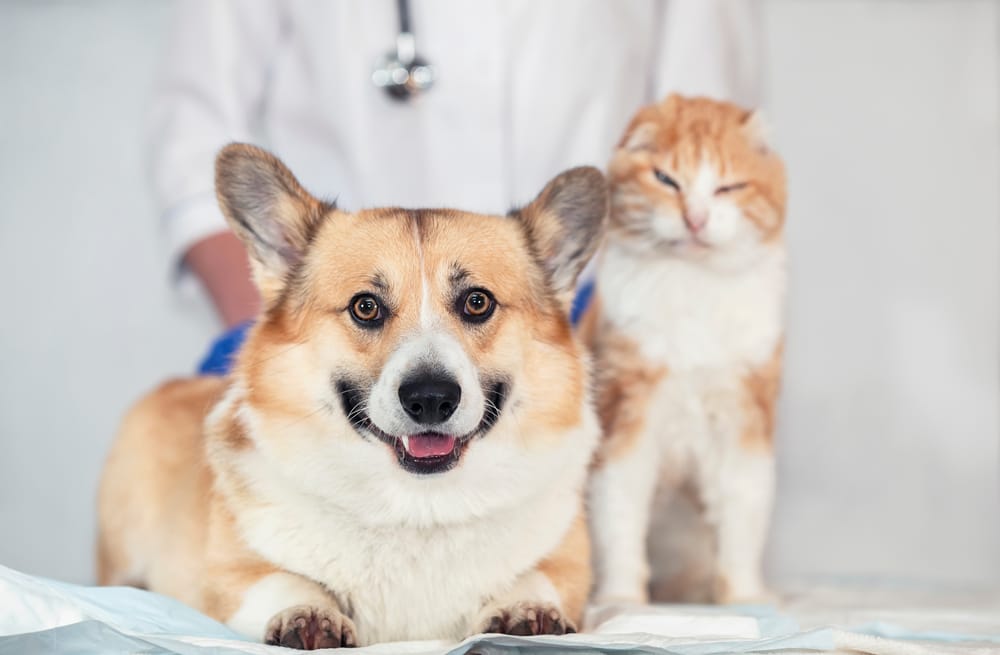
As pet owners, we adore our furry companions and want to give them the best care possible. However, unexpected health issues can arise, leaving us unprepared for hefty veterinary bills.
Pet health insurance steps in as a crucial tool for managing these unforeseen expenses, especially when it comes to emergency and specialty care. This guide explores the importance of pet insurance and how it can safeguard both your pet’s health and your finances.
The Rising Cost of Veterinary Care
Veterinary medicine has made remarkable strides in recent years. Advanced diagnostic tools and cutting-edge treatments now offer pets the same level of care humans receive. However, these improvements come at a price.
Emergency visits often involve costly procedures. X-rays, blood work, and overnight stays can quickly add up. Specialty care, such as oncology or orthopedic surgery, may cost thousands of dollars. Without insurance, pet owners face tough choices between their pet’s health and financial stability.
Many people underestimate the likelihood of needing emergency or specialty care. Yet, accidents and illnesses can happen to any pet, regardless of age or breed. Pet insurance provides a safety net, allowing owners to focus on their pet’s recovery rather than the bill.
Benefits of Pet Health Insurance
Pet insurance offers numerous advantages for both pets and their owners:
- Peace of mind: Know you can afford necessary treatments
- Access to top-tier care: Choose the best options without financial constraints
- Protection against unexpected costs: Avoid dipping into savings or going into debt
- Ability to say “yes” to treatment: Never decline care due to cost concerns
Insurance plans typically cover a wide range of services, from routine check-ups to complex surgeries. This comprehensive coverage ensures your pet receives optimal care throughout their life.
Types of Coverage
Pet insurance plans vary in their coverage and cost. Understanding these options helps you choose the best fit for your pet and budget.
- Accident-only plans: Cover injuries from unexpected events like car accidents or falls. These plans are more affordable but offer limited protection.
- Comprehensive plans: Include both accident and illness coverage, often covering hereditary and congenital conditions. Ideal for purebred pets prone to certain health issues.
- Wellness plans: Focus on preventive care, covering vaccinations, dental cleanings, and annual check-ups. While not essential for emergencies, they promote overall health and can catch issues early.
- Customizable plans: Allow you to tailor coverage to your pet’s specific needs. This flexibility lets you balance protection and affordability.
- Time-limited policies: Cover conditions for a set period, usually 12 months. These are cheaper but less comprehensive options.
- Maximum benefit policies: Set a financial limit for each condition, with coverage stopping when the limit is reached. Useful for controlling premium costs.
- Lifetime coverage: The most comprehensive option, covering ongoing or recurring conditions throughout your pet’s life. These typically have the highest premiums but offer the most extensive protection.
Emergency Care and Pet Insurance
Emergencies can strike at any time. Whether it’s a sudden illness or an accident, immediate care is often necessary. Pet insurance proves invaluable in these situations.
Many emergency clinics require upfront payment before treatment. Without insurance, owners might delay seeking care, potentially worsening their pet’s condition. Insurance provides the financial backing to act swiftly, ensuring prompt treatment.
Emergency services covered by most pet insurance plans include:
- 24/7 emergency room visits
- Hospitalization and intensive care
- Emergency surgery
- Pain management
- Diagnostic imaging (X-rays, ultrasounds, CT scans)
Having insurance means you can authorize necessary treatments without hesitation. This quick decision-making can be life-saving in critical situations.
Specialty Care Coverage
Advances in veterinary medicine have led to specialized fields like oncology, neurology, and cardiology. These experts provide advanced treatments for complex conditions.
Specialty care often involves multiple visits, extensive testing, and long-term treatment plans. The costs can escalate quickly, making insurance crucial for managing these expenses.
Common specialty services covered by pet insurance include:
- Cancer treatments (chemotherapy, radiation)
- Neurological procedures
- Orthopedic surgeries
- Cardiac care
- Behavioral therapy
Insurance allows pets to receive the best possible care from board-certified specialists. Without it, many owners would find these advanced treatments financially out of reach.
Choosing the Right Pet Insurance
- Look for policies with comprehensive coverage, including both emergency and specialty care.
- Consider factors like deductibles, reimbursement rates, and annual limits. Higher deductibles often mean lower monthly premiums but more out-of-pocket expenses during claims.
- Read the fine print carefully. Some policies have waiting periods before coverage begins or exclude pre-existing conditions. Understanding these details helps avoid surprises when you need to use your insurance.
- Compare multiple providers to find the best value. Don’t just look at price – consider the breadth of coverage and the company’s reputation for customer service and claim processing.
Conclusion
Pet health insurance serves as a vital tool for responsible pet ownership. It provides financial protection against unexpected veterinary expenses, ensuring your pet receives necessary care without compromising your financial stability. By investing in a comprehensive insurance plan, you safeguard your pet’s health and gain peace of mind.
Remember, the right policy can make all the difference when faced with emergency or specialty care needs. Take the time to research and choose a plan that fits your pet’s needs and your budget – your furry friend’s health and your wallet will thank you.

